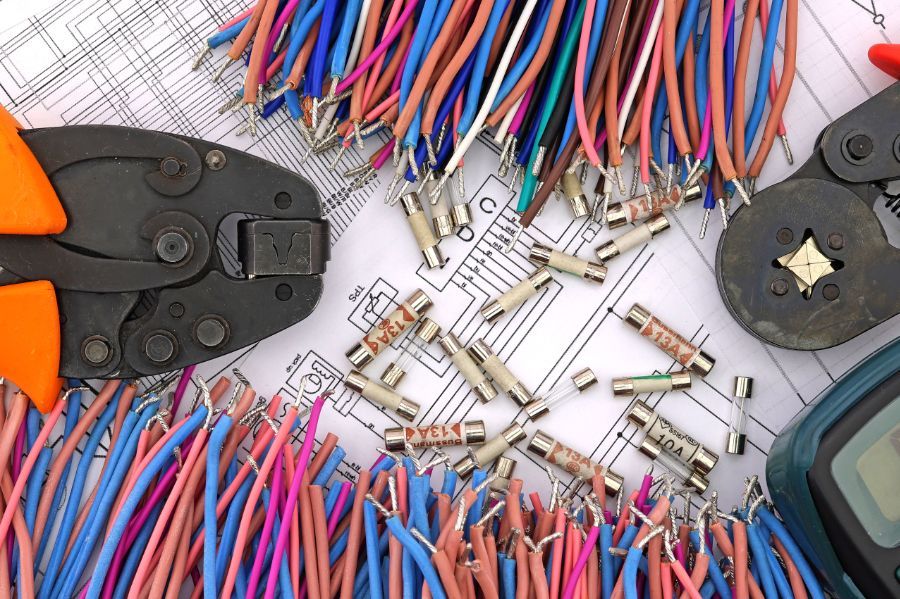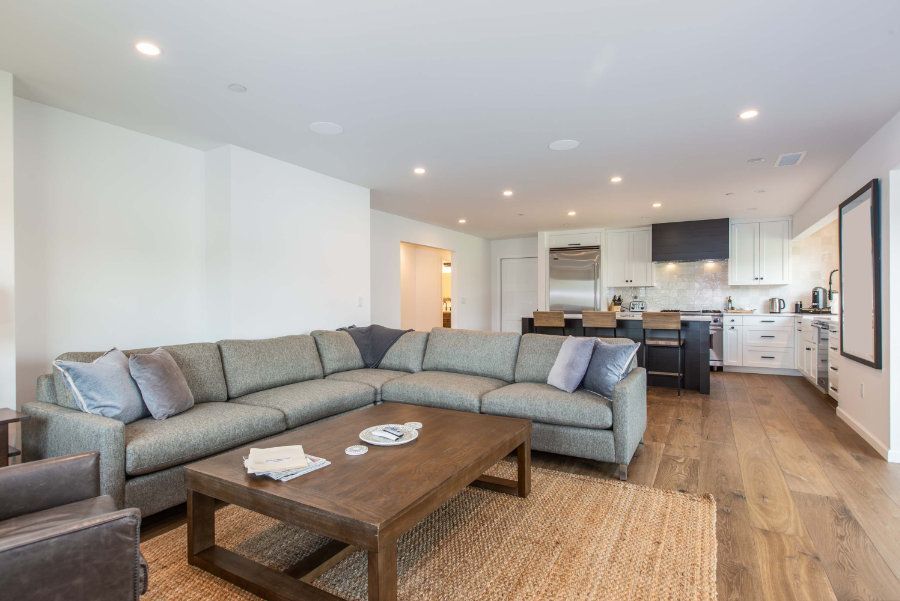Top 3 Reasons Why You Should Upgrade Your Wiring

Most people never think about electricity until something happens to it. If your rental begins to blow fuses or trip breakers, it may mean you need to upgrade your electrical wiring.
While an expensive investment, today, we’ll discuss the top three reasons why you should upgrade your wiring.
#1 Safety
Electrical fires are incredibly dangerous and often destroy a home or building. Old or faulty wiring is a significant cause of these. While modern wires are designed to last well over 50 years, older wiring is insulated with cloth. This wiring can deteriorate and break down, exposing the live wires and creating a potential fire hazard. Many insurance companies won’t insure properties that use knob-and-tube (K&T) wiring, the standard in the early 1900s, or charge extra for coverage on older wiring. If your rental was built as late as the 1960s, there is a possibility that K&T was used. Upgrading the wiring in your rental can greatly minimize these risks. The insulation used in modern wiring is far more durable and flexible. It’s designed to handle higher electrical loads when compared to older wiring and provide better protection against overheating and short circuits.
Just because your investment appeared to be wired correctly when you purchased it doesn't mean the
electrical system complies with current electrical codes. It's not uncommon for properties to be wired haphazardly by a handyman or for work to be done without a permit. For this reason, it's a good idea to have your rental electrical inspected properly, as failing can risk putting your property and tenants at risk.
#2 Improved Electrical Performance
Although modern electronics have become increasingly efficient, older homes weren’t built with modern electrical needs in mind. In today’s age, where everything is becoming electric, the demand for more power has never been greater. As technology advances, households use more electrical devices, from kitchen appliances to electric cars. Upgrading the electrical wiring ensures the electrical system can handle the increased demand. This upgrade can prevent circuit overload and provide a stable power supply for all devices.
Outdated electrical systems are prone to frequent issues such as blown fuses, tripped circuit breakers, and power fluctuations. These problems can be incredibly frustrating and disruptive to your tenants. Modern wiring systems are more reliable and robust, providing a consistent power supply and reducing the likelihood of electrical faults. This improvement enhances the overall living experience for your tenants, making it an invaluable investment.
#3 Increased Property Value
Upgrading the wiring in your rental property can be a significant selling point for potential buyers when you decide to sell the investment property. Buyers look for properties that are not only aesthetically pleasing but also renovated and safe. Upgrading the wiring demonstrates that you, as the property owner, have invested in the property's infrastructure. This helps to ensure it meets current safety standards. These investments help make your property more attractive to potential buyers as there is a lower likelihood of facing electrical issues in the immediate future. Additionally, a property with updated wiring can command a higher rent price, attracting more interest from prospective tenants.
Upgrading your wiring can be a smart long-term investment for your rental property. By modernizing your electrical wiring, you lower the potential maintenance of these systems. It can also reduce the risk of a late-night emergency that requires immediate repairs. This proactive approach can prevent costly electrical maintenance. Additionally, it can extend the lifespan of the electrical systems. A well-maintained and updated electrical system can increase the overall longevity of the property. Upgrading your wiring not only enhances the current conditions for your tenants but also ensures that your property maintains its value for years to come.
Home electricity is one of the most important systems we rarely think about. Yet, if left ignored, it can lead to dire consequences. If you need help inspecting your rental’s electrical wiring or managing your Beach City property, we invite you to call us today at (562) 888-0247 or complete our
Owner Application online.





